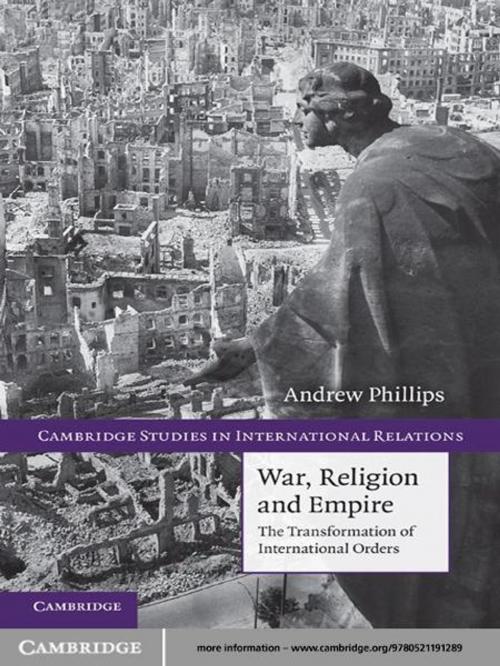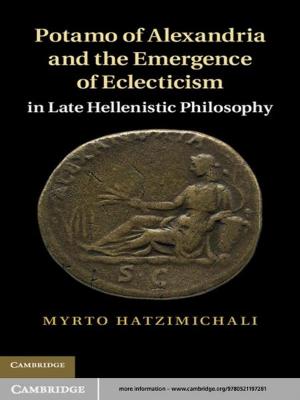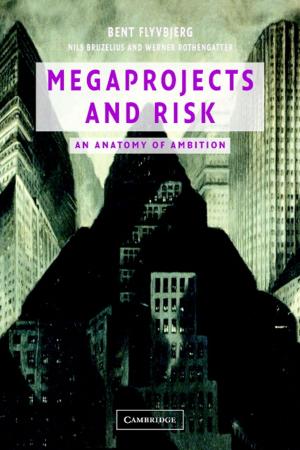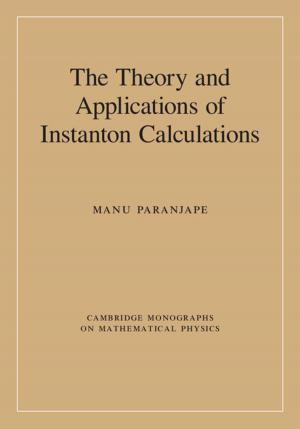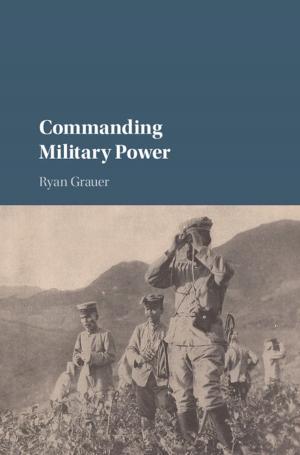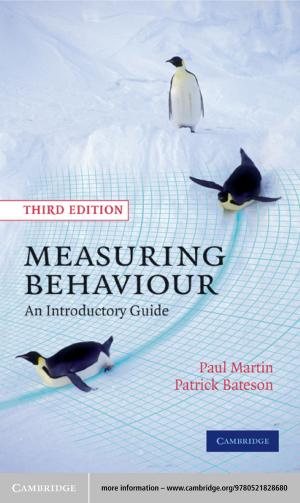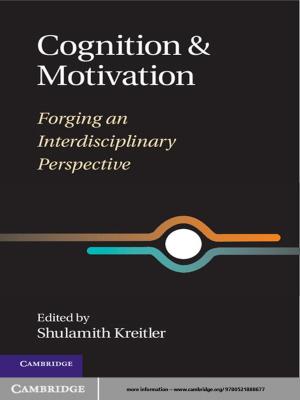War, Religion and Empire
The Transformation of International Orders
Nonfiction, Social & Cultural Studies, Political Science, International, International Relations, Social Science| Author: | Andrew Phillips | ISBN: | 9780511862106 |
| Publisher: | Cambridge University Press | Publication: | December 23, 2010 |
| Imprint: | Cambridge University Press | Language: | English |
| Author: | Andrew Phillips |
| ISBN: | 9780511862106 |
| Publisher: | Cambridge University Press |
| Publication: | December 23, 2010 |
| Imprint: | Cambridge University Press |
| Language: | English |
What are international orders, how are they destroyed, and how can they be defended in the face of violent challenges? Advancing an innovative realist-constructivist account of international order, Andrew Phillips addresses each of these questions in War, Religion and Empire. Phillips argues that international orders rely equally on shared visions of the good and accepted practices of organized violence to cultivate cooperation and manage conflict between political communities. Considering medieval Christendom's collapse and the East Asian Sinosphere's destruction as primary cases, he further argues that international orders are destroyed as a result of legitimation crises punctuated by the disintegration of prevailing social imaginaries, the break-up of empires, and the rise of disruptive military innovations. He concludes by considering contemporary threats to world order, and the responses that must be taken in the coming decades if a broadly liberal international order is to survive.
What are international orders, how are they destroyed, and how can they be defended in the face of violent challenges? Advancing an innovative realist-constructivist account of international order, Andrew Phillips addresses each of these questions in War, Religion and Empire. Phillips argues that international orders rely equally on shared visions of the good and accepted practices of organized violence to cultivate cooperation and manage conflict between political communities. Considering medieval Christendom's collapse and the East Asian Sinosphere's destruction as primary cases, he further argues that international orders are destroyed as a result of legitimation crises punctuated by the disintegration of prevailing social imaginaries, the break-up of empires, and the rise of disruptive military innovations. He concludes by considering contemporary threats to world order, and the responses that must be taken in the coming decades if a broadly liberal international order is to survive.
